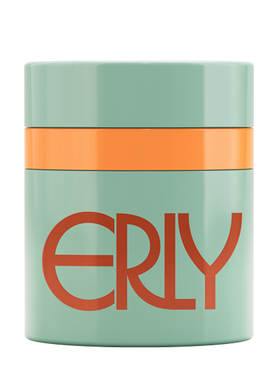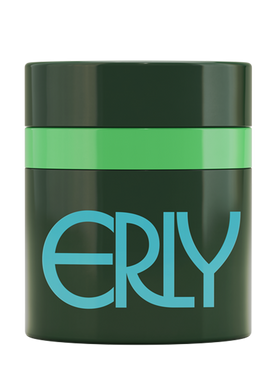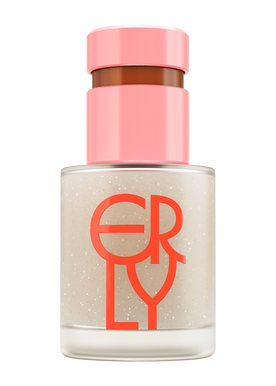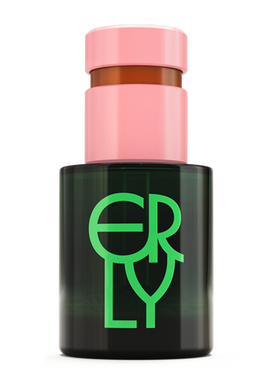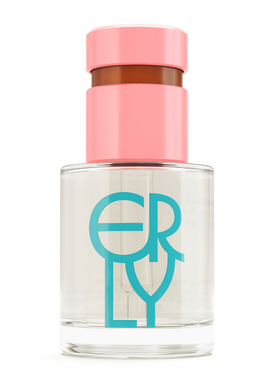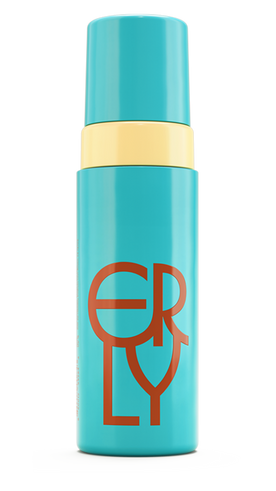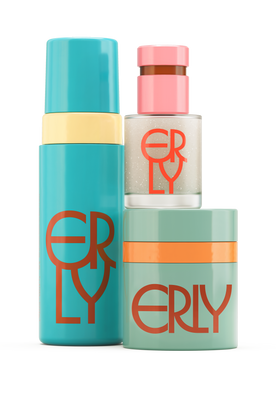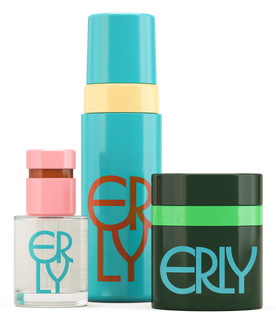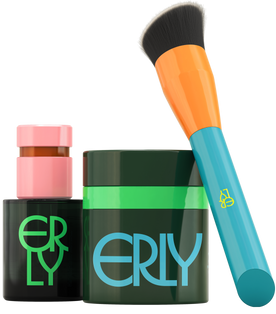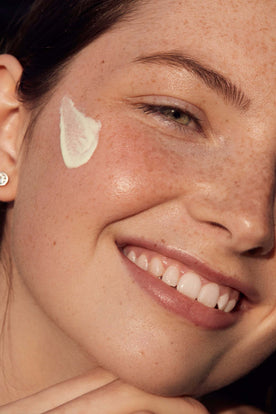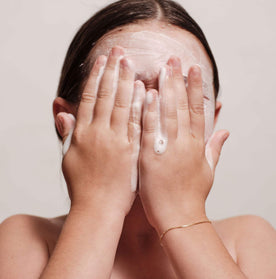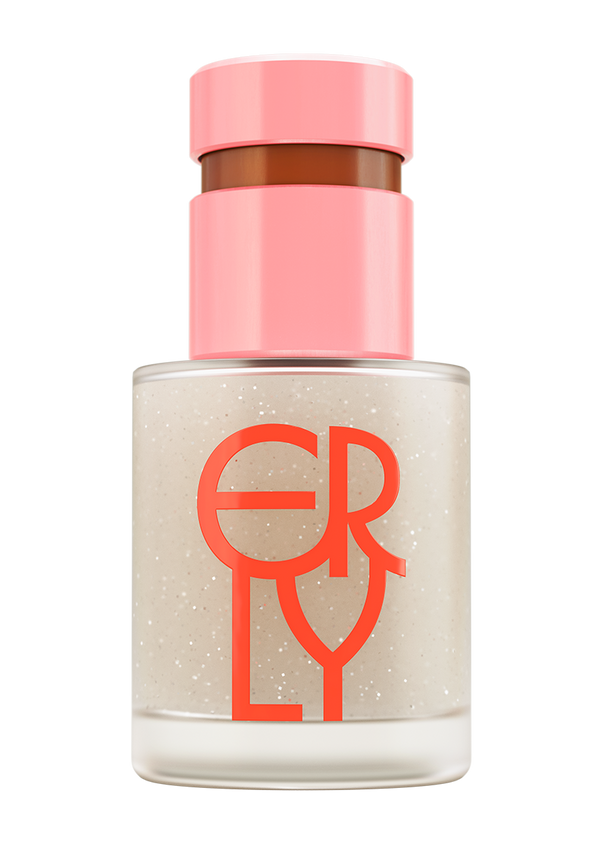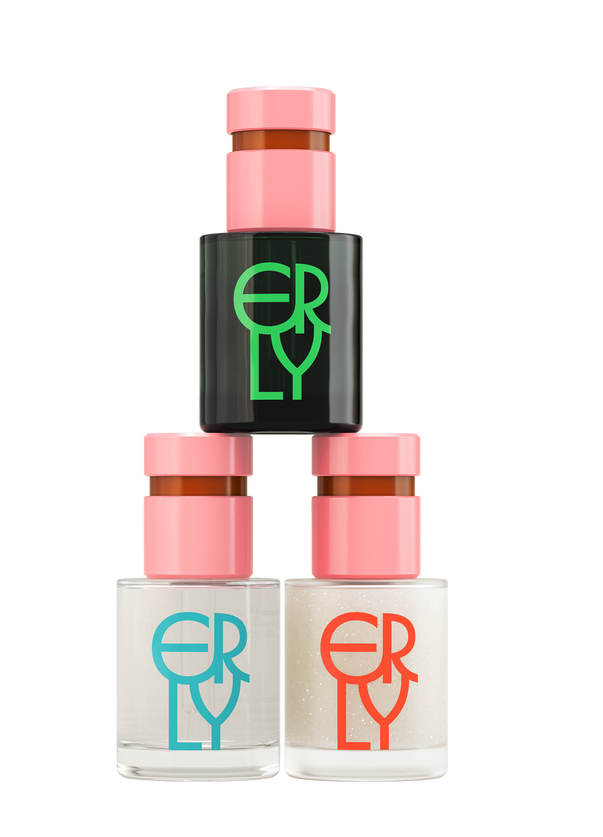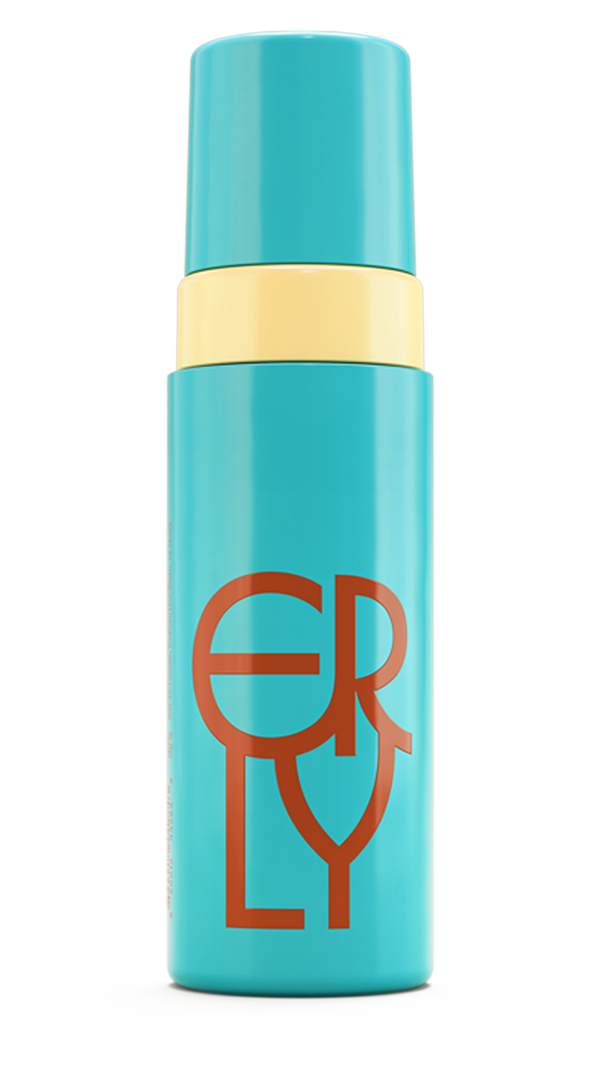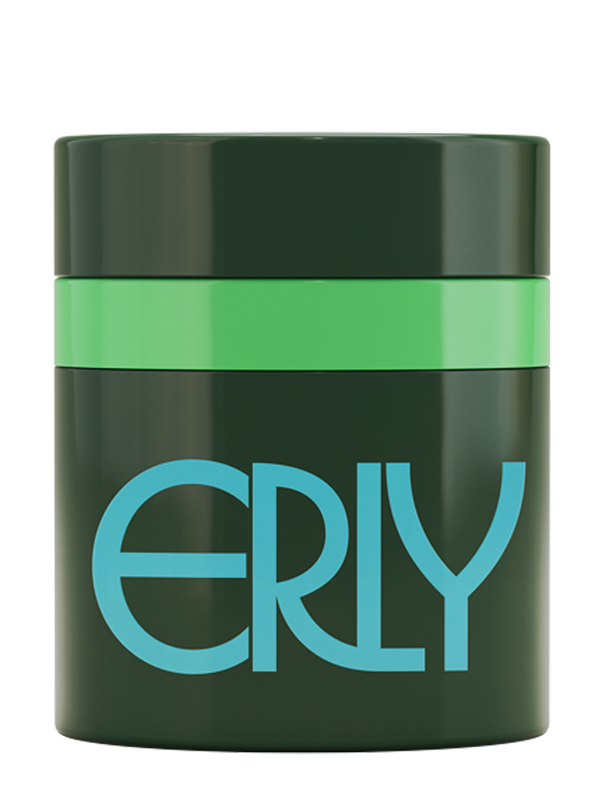As a dermatologist, one of the most fascinating areas of skin research in recent years has been the discovery and understanding of the skin microbiome. Just like the gut has its own ecosystem of bacteria, so does the skin. And just like in the gut, a healthy, balanced microbiome plays a vital role in keeping your skin resilient, clear, and calm.
It might sound bizarre at first—most people are surprised to learn that they have trillions of microorganisms living on their skin at all times. But these tiny organisms are not only natural; they’re essential. They quietly perform a number of important functions behind the scenes, many of which are crucial for your skin’s health and appearance.
Let’s explore what the skin microbiome is, why it matters, and what you can do to support it—especially through gentle, microbiome-respecting skincare like the ERLY line.
What Is the Skin Microbiome?
The skin microbiome refers to the diverse community of microorganisms—bacteria, fungi, viruses, and even mites—that live on the surface of your skin. This microscopic ecosystem begins developing at birth and continues to evolve based on your environment, hygiene habits, genetics, and the products you use.
While the idea of microorganisms living on your skin may initially sound unsettling, the vast majority of these microbes are either harmless or beneficial. In fact, a well-balanced microbiome helps protect your skin from harmful bacteria, regulates inflammation, and supports the skin’s natural barrier.
What Disrupts the Skin Microbiome?
Unfortunately, many common skincare habits can disrupt this delicate balance. When the microbiome becomes imbalanced—a state called dysbiosis—it can lead to issues like dryness, redness, sensitivity, and flare-ups of chronic conditions such as eczema or acne.
Here are a few key factors that can disturb the skin’s microbial harmony:
-
Over-washing and Harsh Cleansers: Cleansing too often or using products that strip away natural oils can also strip away beneficial bacteria, leaving the skin vulnerable and dry.
-
Antibacterial Ingredients: While important in certain clinical situations, antibacterial soaps or sanitizers can reduce microbial diversity and kill off the “good” microbes your skin needs.
-
Overuse of Strong Actives: High concentrations of exfoliating acids, retinoids, or alcohol-based products can disrupt the skin’s pH and microbiome over time.
-
Fragrance and Preservatives: Healthy skin maintains an acidic surface (pH ~4–6), which favors growth of friendly commensal microbes and inhibits pathogens like Staphylococcus aureus. When skin pH rises toward neutral or alkaline (above pH 6), it can lead to microbial imbalance. Fragrances often disrupt barrier function and irritate skin. They are among the most common causes of contact dermatitis, provoke allergic inflammation, and weaken the skin’s natural lipids and structure. Those reactions further raise skin pH and damage the environment where beneficial microbes thrive.
How to Support a Healthy Skin Microbiome
The goal in caring for the microbiome is not to sterilize or scrub away bacteria but to nourish a healthy and balanced skin environment. Here are several dermatologist-approved strategies to help you do that.
1. Use Gentle, pH-Balanced Cleansers
The skin’s natural pH is slightly acidic, which helps keep bad bacteria at bay while supporting beneficial ones. Using a cleanser that respects this balance is key.
A product like ERLY Face Foam Gentle Cleanser is an excellent option. It’s non-stripping, free of harsh surfactants and fragrance, and formulated to be compatible with all skin types. It cleanses effectively without disrupting the skin’s acid mantle or microbial community.
2. Skip the Antibacterial Overkill
Unless specifically recommended for a medical reason, avoid antibacterial cleansers in your everyday routine. While they might sound like a way to keep skin “clean,” they often do more harm than good by reducing microbial diversity.
Instead, let your skin’s microbiome act as the natural protective barrier it was designed to be. The right bacteria can crowd out harmful invaders and modulate the skin’s immune responses.
3. Reinforce the Skin Barrier
A strong skin barrier creates the ideal environment for a balanced microbiome. When the barrier is intact, it retains moisture, keeps irritants out, and supports the growth of beneficial microbes.
The ERLY Night Moisturizer is a great way to nourish your barrier overnight. With ingredients like hyaluronic acid and vitamin E, this moisturizer hydrates and soothes without overloading the skin. A well-hydrated, intact skin barrier is one of the most important factors in maintaining microbial health.
4. Don’t Over-Exfoliate
While exfoliation can be helpful in moderation, excessive exfoliation—especially with physical scrubs or potent acids—can erode the skin’s top layer and disrupt microbial diversity. Stick to gentle exfoliants and limit use to once or twice a week, unless directed otherwise by a dermatologist.
5. Consider Your Diet
Your skin microbiome is closely connected to your gut microbiome. Eating a diet rich in fiber, leafy greens, and fermented foods like yogurt and kimchi can support gut health, which in turn influences inflammation and your skin. Drink plenty of water and reduce added sugars, which may negatively impact both gut and skin microbes.
6. Protect Your Skin from Environmental Stress
UV radiation, pollution, and harsh weather can all damage the skin barrier and microbiome. Wear a broad-spectrum mineral sunscreen daily, and avoid prolonged exposure to the elements without protection. Staying covered and applying sunscreen regularly will help preserve microbial balance.
7. Choose Products That Put Skin First
Skincare doesn’t need to be complicated or aggressive to be effective. ERLY is formulated with simplicity, gentleness, and barrier support in mind. Because ERLY products are fragrance-free, hypoallergenic, and designed for all ages and skin types, they help maintain a balanced skin environment without unnecessary ingredients that could disrupt the microbiome.
In Summary
It might feel strange at first to think of your skin as an ecosystem teeming with microscopic life, but the truth is, these tiny organisms are working with your skin—not against it. A well-balanced microbiome helps defend your skin, regulate inflammation, and maintain long-term clarity and resilience.
By avoiding overly harsh products, nourishing the barrier, and using microbiome-friendly skincare, you’re supporting not just your skin, but the invisible community that keeps it healthy.
